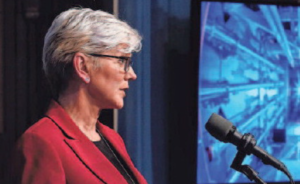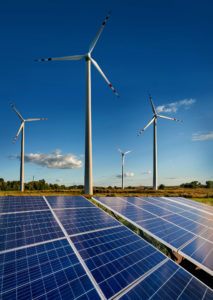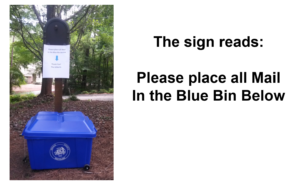I just watched a NRECA podcast on small modular nuclear reactors. It was well done, and given my background in nuclear power plant design, I decided to investigate where we are on this concept. To my delight, they are not reaching for the moon with the design. After all, we built these to power the Navy and I am intimately familiar with those realities. Yes, these designs work. And, by the way, these designs do a decent job of load following … unlike their historical land-based relatives.
In addition, there is government money flowing so the economics of the first units may be acceptable. And public opinion might make some of these acceptable … the key word here is might. There are also some places like Alaska where these are probably the only realistic idea over the long haul, but that is a key feature everyone is forgetting. The cost to get this idea through the NRC is estimated at over $500 million … that is not equipment costs … that is only the cost of regulatory proceedings. Then, there is the question of when you could actually get one built and operational in the United States. They are saying around 2030 now.
I love nuclear, so don’t get me wrong … I want to see it reemerge as an energy supply for new construction and to reduce our reliance on fossil fuels. But I am reminded of several acronyms that apply here that you may remember: NIMBY, BANANA, and NOPE. They apply to any power plants, but especially to nuclear.
NIMBY: Not In MY Backyard
BANANA: Building Absolutely Nothing Anywhere Near Anyone
NOPE: Not on planet earth
One thing is for sure. The aspirational goal will fund a huge business in trying to make this work. Once again we encounter WASTE: Welfare Act for Scientists, Technology, and Engineers.


 I can’t remember the professor who suggested this to me, but I think it is pretty profound. When it comes to things that you believe are real, it is always a good guideline to think that must be real if it already exists. So, now that we have been told by our governmental researchers, they can produce fusion (the same energy source as the sun), perhaps we shouldn’t be celebrating just yet.
I can’t remember the professor who suggested this to me, but I think it is pretty profound. When it comes to things that you believe are real, it is always a good guideline to think that must be real if it already exists. So, now that we have been told by our governmental researchers, they can produce fusion (the same energy source as the sun), perhaps we shouldn’t be celebrating just yet.
 diminish. This means that the wind farms will produce less and less power … and of course all of this while the needs for electricity will continue to increase. See for yourself:
diminish. This means that the wind farms will produce less and less power … and of course all of this while the needs for electricity will continue to increase. See for yourself: 

 threw away a stack of catalogs for companies we never buy from and a host of junk mail. Once again I am struck by the stupidity of today’s world printing paper in full color, delivering it to my door, and then being forced to throw it away. Years ago I put the paper recycling blue box right there under my mailbox.
threw away a stack of catalogs for companies we never buy from and a host of junk mail. Once again I am struck by the stupidity of today’s world printing paper in full color, delivering it to my door, and then being forced to throw it away. Years ago I put the paper recycling blue box right there under my mailbox.